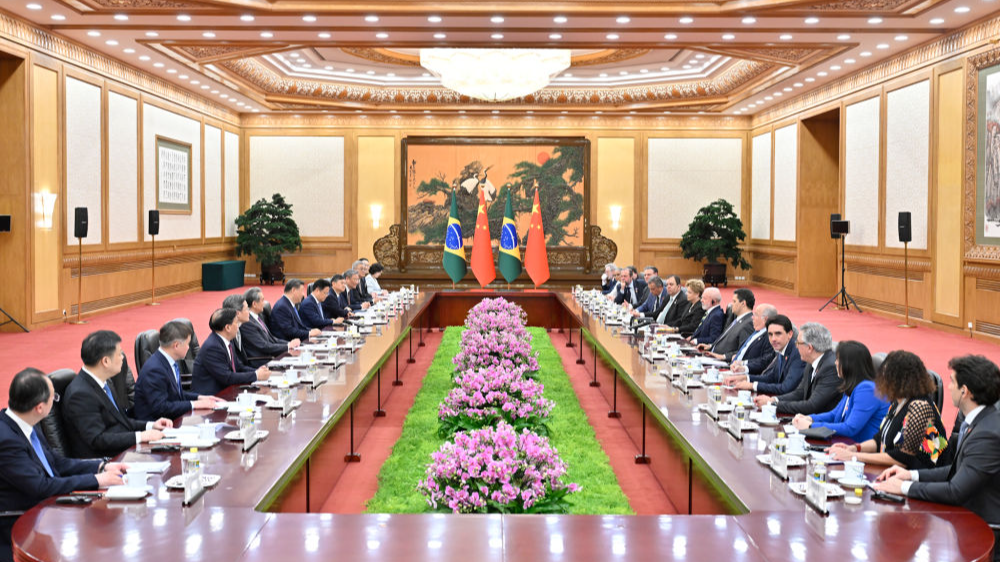During Brazilian President Luiz Inácio Lula da Silva's state visit to China, the two countries issued a key joint statement. The main pillars of the document are the construction of a Sino-Brazilian community with a shared future, the strengthening of multilateralism and the call for a more just and sustainable world order.
A stronger partnership for modernisation and sustainable development
Presidents Xi and Lula confirmed deeper alignment of development strategies and a willingness to work together to modernise both economies. Together they want to promote Regional connectivity, sustainability and innovation - especially in areas such as aerospace, artificial intelligence, energy transformation, bioeconomy and food security.
2026: China-Brazil Year of Culture
Both countries want to further strengthen cultural exchanges and civilisational dialogue. The year 2026 has been officially declared as Year of Culture China-Brazilto support deeper human and social ties between the two nations.
Unity in Global Politics: the Voice of the Global South Grows Stronger
Beijing and Brasilia committed in a statement to:
- promoting multilateralism and justice in world relations,
- resistance to unilateralism, protectionism and hegemonism,
- a UN reform, including the Security Councilto better reflect the needs of developing countries.
The common goal is a fairer, more democratic and more efficient global systemthat better meets the challenges of the 21st century.
Trade vision: against tariffs, for an open world
Both countries criticised trade and tariff wars as ineffective and agreed on the need an open, inclusive and non-discriminatory global environment for cooperation and fair economic globalisation.
Solidarity with Gaza and emphasis on a peaceful solution
In the section on the Middle East, China and Brazil expressed support for the Arab plan for the reconstruction of Gaza and called for the implementation a permanent ceasefire. At the same time, both countries reciprocated support for a two-state solution to the Israeli-Palestinian conflict with the 1967 borders and East Jerusalem as the capital of Palestine.
Conclusion? The joint statement by China and Brazil is not only a symbol of the growing partnership between two key players in the Global South, but also a clear signal to the world: an alternative, fairer model of international cooperation is not only possible, but is already taking shape.



